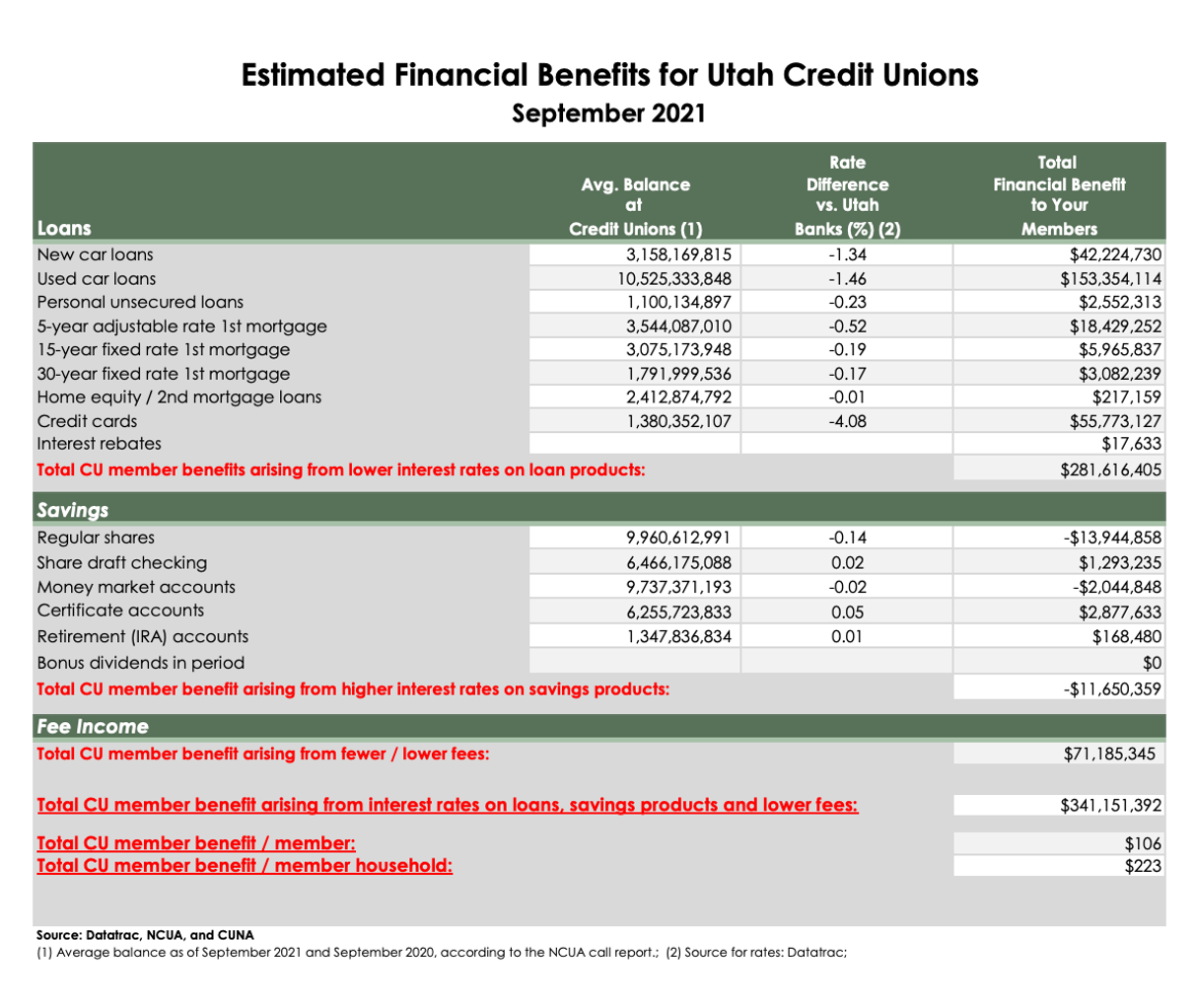Cheyenne Federal Credit Union: Your Source for Reliable Financial Services
Cheyenne Federal Credit Union: Your Source for Reliable Financial Services
Blog Article
Sign Up With the Activity: Why Federal Lending Institution Issue
In the world of banks, Federal Cooperative credit union attract attention as columns of community-focused financial, yet their significance prolongs beyond typical financial solutions. They stand for a standard shift in the direction of member-driven monetary remedies that focus on inclusivity and shared growth. As we untangle the layers of their impact on areas and individuals alike, it comes to be evident that Federal Credit history Unions hold the secret to a much more thriving and equitable financial landscape. Join us as we explore the detailed tapestry of reasons Federal Cooperative credit union matter, and uncover just how they are forming the future of financial empowerment.
Background of Federal Lending Institution
Because their beginning, Federal Credit history Unions have played a pivotal role in the economic landscape of the United States. When the Federal Credit History Union Act was signed into law by President Franklin D. Roosevelt in 1934, the background of Federal Credit report Unions days back to the early 20th century. This Act was a reaction to the Great Clinical depression, intending to advertise thriftiness and avoid usury by providing cost effective credit to participants.
The Act allowed teams of individuals with a typical bond, such as employees of the exact same firm or participants of an organized labor, to form lending institution. These lending institution were developed as not-for-profit financial cooperatives, had and operated by their participants. The participating structure enabled people to pool their sources and supply access to cost effective fundings and various other financial services that may not have been offered to them via conventional banks.
For many years, Federal Lending institution have remained to grow in number and impact, serving numerous Americans nationwide. They have continued to be committed to their beginning concepts of community focus, member ownership, and monetary addition.
Special Services Used by Cooperative Credit Union

Additionally, lending institution usually offer lower rate of interest on car loans and credit rating cards compared to larger monetary organizations. This can lead to considerable expense financial savings for members, especially for those seeking to borrow money for large purchases such as homes or vehicles. Furthermore, credit rating unions frequently provide greater rate of interest on savings accounts, allowing participants to expand their cash better.
Another unique solution offered by credit rating unions is profit-sharing. As not-for-profit companies, lending institution distribute their earnings back to members in the kind of returns or lowered charges. This participating framework promotes a feeling of common possession and area among participants, strengthening the notion that cooperative credit union exist to serve their members' benefits.
Advantages of Subscription in Credit Report Unions
Joining a credit union uses participants a host of substantial advantages that originate from the institution's member-focused approach to monetary services. Unlike standard financial institutions, cooperative credit union are not-for-profit companies owned and run by their members. This one-of-a-kind framework permits credit score unions to prioritize the very best interests of their participants most of all else, leading to a number of advantages for those that pick to join.

Area Effect of Cooperative Credit Union
Cooperative credit union play an important function in fostering financial stability and growth within local areas via their unique monetary services design. Unlike conventional financial institutions, credit history unions are member-owned and operated, permitting them to concentrate on serving the most effective interests of their participants as opposed to creating profits for investors. This member-centric strategy translates right into tangible benefits for the area at large.
One substantial way debt unions impact neighborhoods is by providing access to budget friendly economic services and resource products. Wyoming Federal Credit Union. From low-interest financings to affordable savings accounts, cooperative credit union use a wide array of options that assist people and small companies grow. By reinvesting their profits back right into the neighborhood in the kind of lower fees, higher interest prices on deposits, and far better funding terms, lending institution contribute to the overall economic health of their members
In addition, credit unions frequently prioritize economic education and learning and outreach initiatives, furnishing community members with the knowledge and sources required to make audio financial decisions. By offering monetary literacy programs, workshops, and one-on-one counseling, lending institution equip people to achieve higher economic independence and safety and security. On the whole, the neighborhood effect of cooperative credit union exceeds just banking services; it includes constructing more powerful, much more resilient neighborhoods.
Future Development and Trends in Cooperative Credit Union
Amid moving and developing monetary landscapes consumer preferences, the trajectory of credit score unions is positioned for vibrant adjustment and technology. Innovation will certainly play an essential duty in shaping the future growth of credit history unions. As even more transactions relocate to electronic platforms, credit score unions are improving their on the internet solutions to fulfill participant assumptions for benefit and efficiency. Welcoming fintech cooperations and buying advanced cybersecurity steps will certainly be crucial for lending institution to stay competitive and safe in the electronic age.
Furthermore, sustainability and social duty are arising as vital trends influencing the growth of debt unions. Participants are progressively seeking financial establishments that line up with their values, driving cooperative credit union to incorporate ecological and social efforts right into their procedures (Cheyenne Federal Credit Union). By focusing on sustainability techniques and area development projects, credit history unions can attract and maintain members that prioritize moral banking techniques

Conclusion
To conclude, federal lending institution play a vital duty in promoting monetary security, area empowerment, and inclusivity. Through their special services, participant ownership structure, and commitment to reinvesting in the neighborhood, credit history unions prioritize the health of their participants and add to constructing more powerful neighborhoods. As they remain to adapt and expand to altering patterns, lending institution will stay an important pressure beforehand economic self-reliance for all individuals.
The history of Federal Credit Unions dates back to the early 20th century when the Federal Credit History Union Act sites was signed into law by President Franklin D. Roosevelt in 1934.The Act allowed groups of people with a typical bond, such as workers of the very same business or members of a labor union, to form credit history unions.Furthermore, credit history unions often use reduced passion rates on loans and credit scores cards compared to larger financial establishments.Moreover, debt unions frequently prioritize economic education and learning and outreach efforts, gearing up area members with the knowledge and resources required to make audio economic choices. Via their unique services, member ownership structure, and dedication to reinvesting in the neighborhood, credit report unions prioritize the health of their participants and add to building more powerful communities.
Report this page